When Is a Self Assessment Tax Return Required?
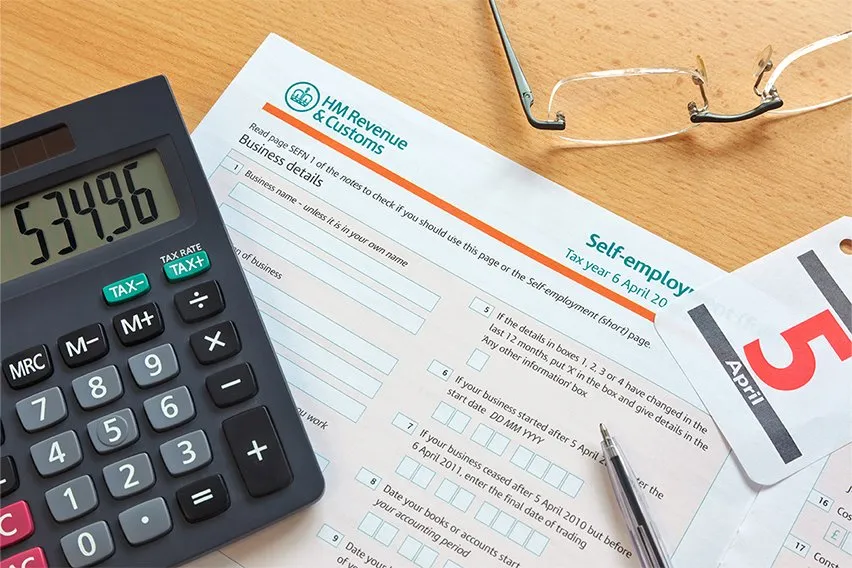
Most UK taxpayers pay tax on their salary, savings and pension automatically through the Pay As You Earn (PAYE) system. People who earn money in other ways must tell HMRC about it by filling in a self assessment tax return form.
If you’re not certain if you should be sending a self assessment tax return, have a read through this list and see if you recognise your situation. You’re certainly not alone. In their “Self Assessment 2020 facts summary”, HMRC said that 11.7 million self assessment tax returns were due. An astonishing figure.
Basically, if you earn money that you don’t pay National Insurance Contributions (NICs) or income tax on – you probably need to sort out your self assessment tax return.
Here’s What We’ll Cover:
Who Has to Send a Self Assessment Tax Return?
Other People Who Have to Complete a Self Assessment Tax Return
What About Self Assessment Tax Returns for Tax Relief?
Now I Know I Have to Do a Tax Return – But How?!
Who Has to Send a Self Assessment Tax Return?
Self Employed People
All self employed people must complete an annual self assessment tax return, letting HMRC know how much they’ve earned in the previous tax year.
This applies if you’re:
- A partner in a business partnership
- A sole trader earning over £1,000 in your self employed work, before deducting any tax relief
You only pay tax on your profits, so you deduct all your business costs as part of the calculations. You also include any tax relief for work expenses and allowances you’re entitled to, at the same time.
Some people are both employees and self employed. Even though you’re already paying income tax through PAYE on your employed wages, you still need to declare any self employed earnings to HMRC.

Limited Company Director
As the director of a limited company, you’re responsible for the company’s relationship with HMRC. As well as these intricacies, you also have to submit a self assessment tax return to declare your income from the company, in both salary and dividends. This applies as long as your income isn’t taxed under PAYE.
Other People Who Have to Complete a Self Assessment Tax Return
- Ministers of any religion
- Representatives or trustees of a deceased person
- ‘Names’ at Lloyd’s of London insurance market
- Taxpayers claiming for expenses worth over £2,500
- Pensioners or employees earning £100,000+
- Employees who earn over £2,500 in otherwise untaxed income, things like commission or tips
- People who earn £10,000+ from investments or savings interest
- Property owners who get rental income from letting out their assets
- Higher or Additional rate taxpayers who need to claim their full pension tax relief
- Married couples or people in a civil partnership who claim child benefit, where one of the partners earn over £50,000 a year
- Trustees of a trust of registered pension scheme
- Recipients of a P800 from HMRC, this means you didn’t pay enough tax last year and you still owe the outstanding amount
- Pensioners who only get income from their state pension, which goes over the Personal Allowance
- People who get a UK income while living in another country
- UK residents who get a taxable income from abroad
- Businesses that have profited from the sale of assets and therefore owe Capital Gains Tax
There are other reasons why HMRC might ask you to complete a tax return, but these are the most common.
HMRC has a free online tool to help people trying to work out if they should send a self assessment tax return, called ‘Check if you need to send a Self Assessment tax return‘. Don’t worry, it doesn’t save your information or send your details to HMRC.

What About Self Assessment Tax Returns for Tax Relief?
Any UK taxpayer can be eligible to claim tax relief for particular reasons. Some are automatically applied, but others require an application to HMRC – which means you need to complete a self assessment tax return.
Tax relief can mean 2 different things:
- Getting a tax rebate for tax you’ve already paid
- Paying less tax because of your business expenditure – self employed business expenses are a good example of this
You can get tax relief for a variety of things:
- Donations to charity
- Pension contributions
- Maintenance payments
- Working on a ship outside the UK
- Work or business expenses as a self employed sole trader or business partner
- Work expenses as an employee
All of these situations require the individual to complete a self assessment tax return.
Now I Know I Have to Do a Tax Return – But How?!
FreshBooks have all the information you need in our Self Assessment Step-by-Step Guide. If this is the first time you’ve ever had to send a self assessment tax return, it can be a bit daunting. The best piece of advice we can give is – don’t leave it. Get on it now. You’ll have to go through a registration process which can take some time.
What’s great is that HMRC gives us loads of time. The deadline to file your online tax return and pay your tax bill is the 31st January after the end of the tax year in question. If you choose to fill in a paper return, it’s a bit earlier in October following the end of the relevant tax year. The quicker you get everything set up, the more organised you are and the less you’ll have to think about it. But you can’t wait until 30th January to start.
Whatever reason you have to complete a tax return, FreshBooks is here to help.
RELATED ARTICLES

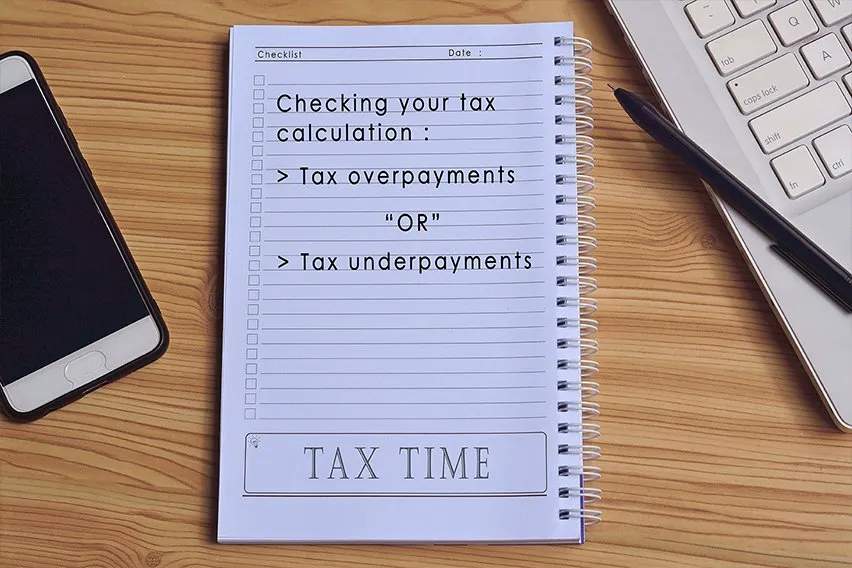 Does HMRC Check All Self-Assessments?
Does HMRC Check All Self-Assessments?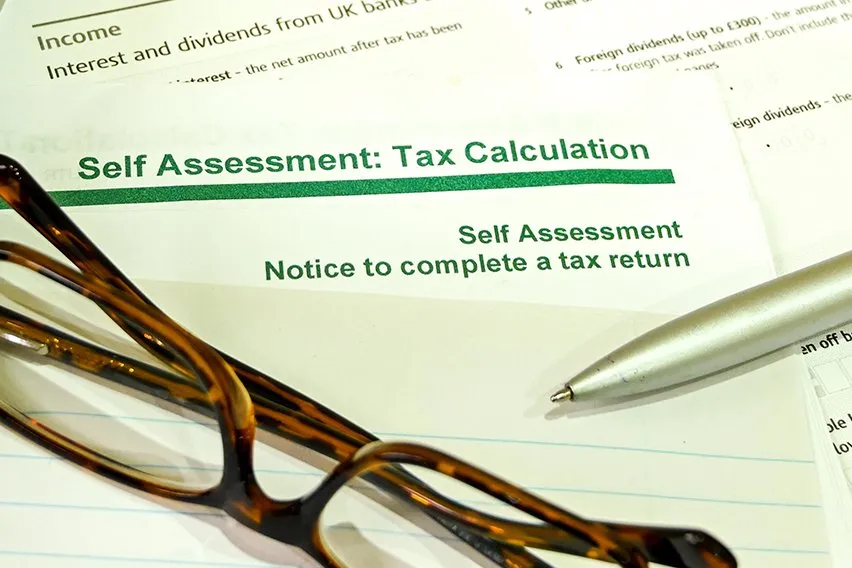 Self Assessment Tax Return Deadline
Self Assessment Tax Return Deadline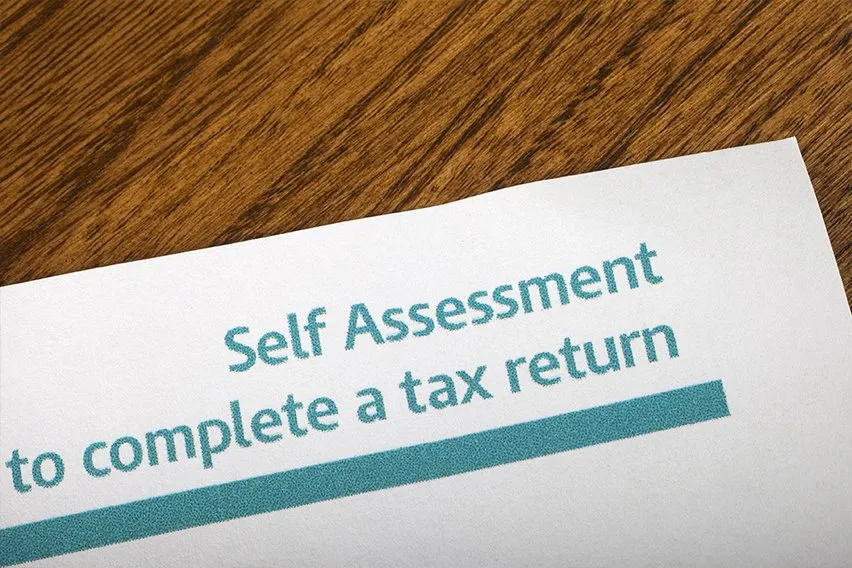 Self-Assessment Tax Return: A Step-by-Step Filing Guide
Self-Assessment Tax Return: A Step-by-Step Filing Guide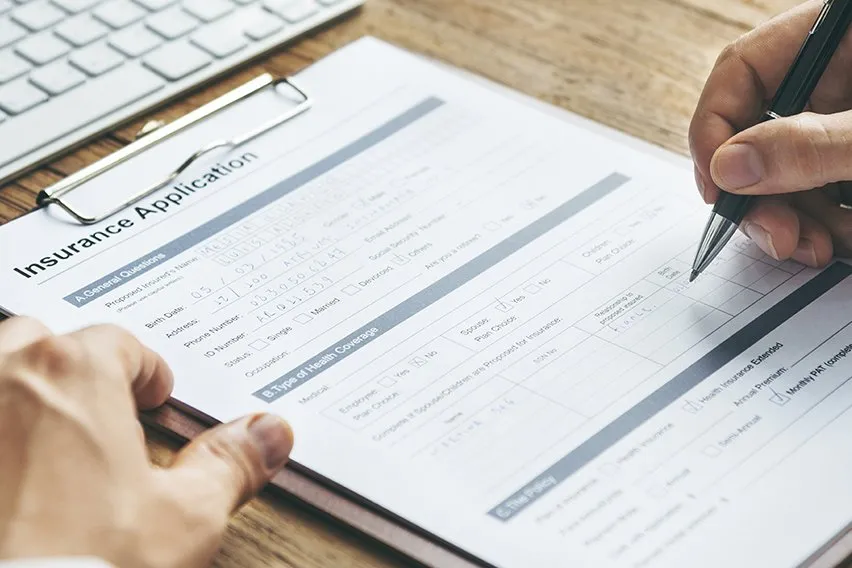 Can I Reclaim Insurance Premium Tax on My VAT Return?
Can I Reclaim Insurance Premium Tax on My VAT Return?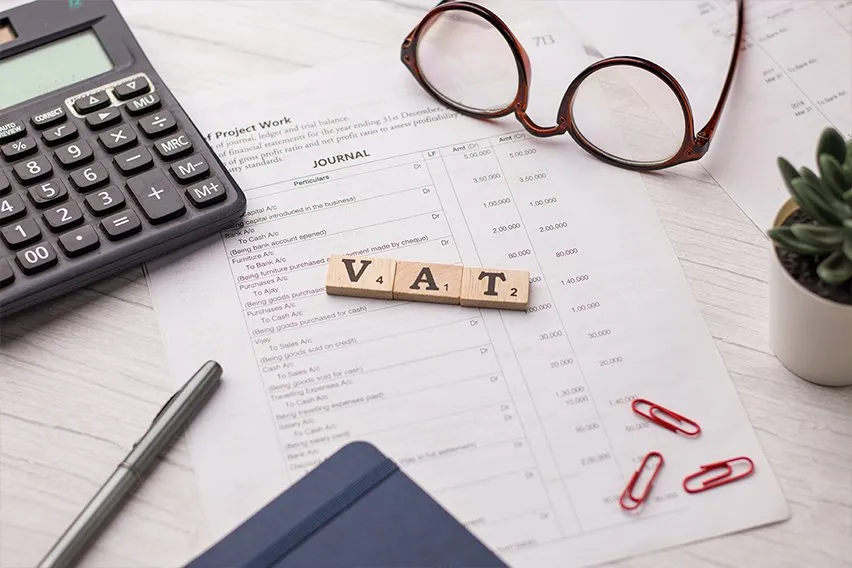 Who is Liable for VAT?
Who is Liable for VAT?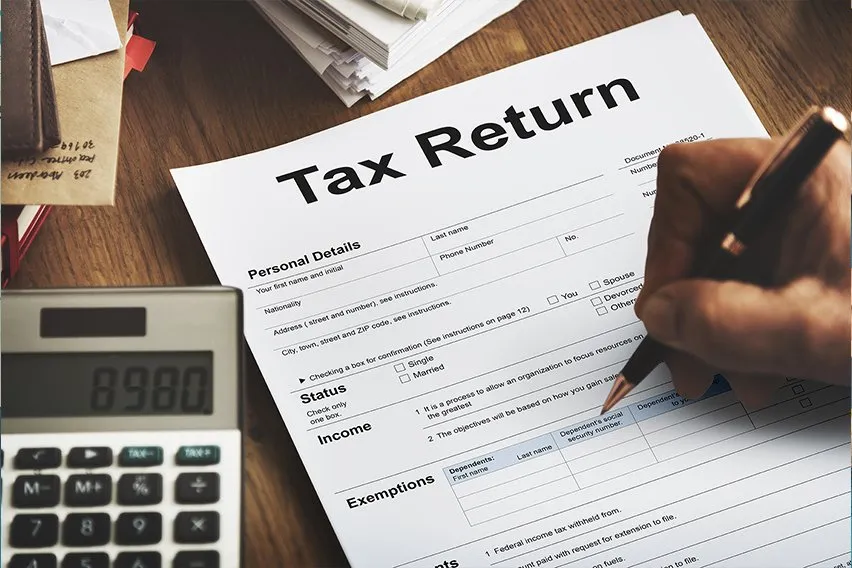 VAT Penalties: All You Need to Know About the New System
VAT Penalties: All You Need to Know About the New System